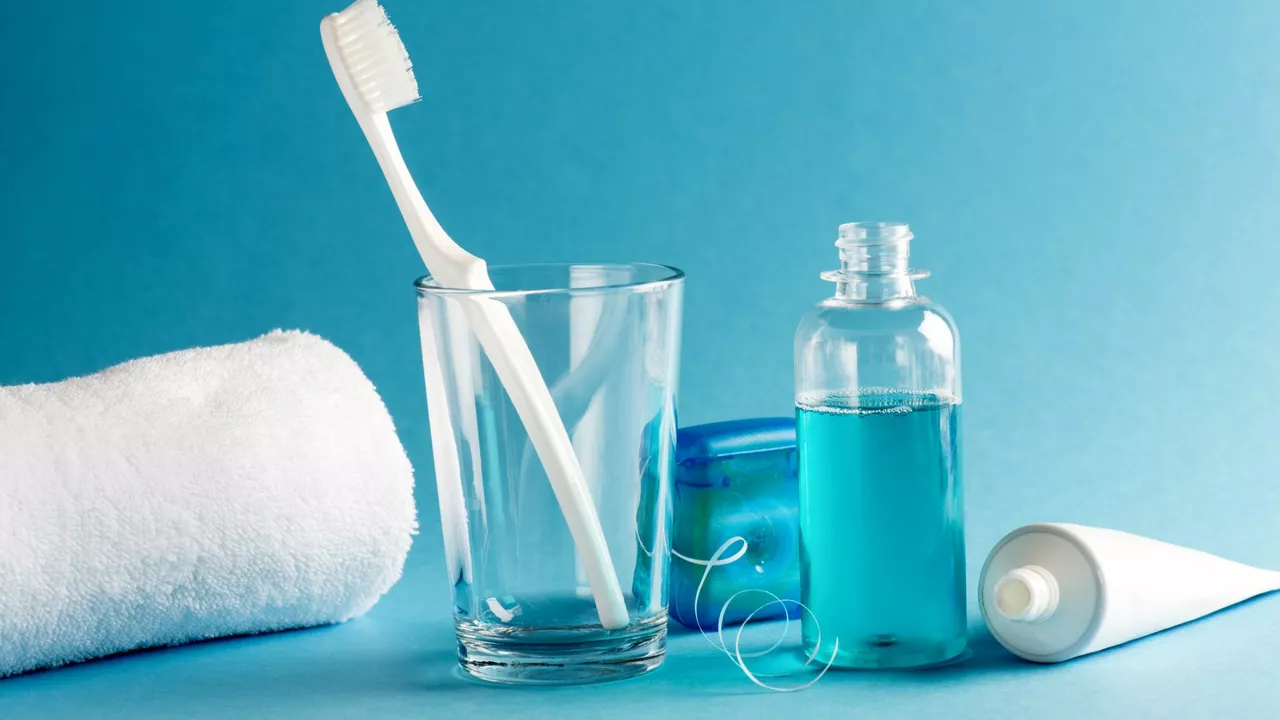Tired of sore gums, constant sensitivity, or fillings that keep failing? Small daily changes usually fix more than you think. This page gives clear, practical steps you can use today to keep teeth and gums healthy and avoid emergency trips to the dentist.
Start with your basics. Brush two minutes, twice a day with a soft-bristled brush and fluoride toothpaste. Hold the brush at a 45-degree angle and use short, gentle strokes along the gumline. Rushing or pressing hard wears enamel and irritates gums more than it cleans them.
Floss once a day. If traditional floss is annoying, try floss picks, interdental brushes, or a water flosser—pick what you’ll actually use consistently. Floss removes plaque below the gumline where a brush can't reach, and that’s where most cavities and gum disease begin.
Cut back on sugary snacks and acidic drinks. Sipping soda or fruit juice throughout the day bathes your teeth in acid and weakens enamel. Swap to water between meals. Chewing sugar-free gum after eating can boost saliva and help neutralize acids.
Dry mouth raises the risk of decay. Many common meds (like some antihistamines, diuretics, and antidepressants) cause dryness. If your mouth feels constantly dry, mention it to your doctor or dentist—they can suggest fixes like saliva substitutes or changing meds if possible.
Watch the signs early: bleeding when you brush, persistent bad breath, gum recession, loose teeth, or ongoing pain. These are red flags for gum disease or infection and deserve a same‑week dental check rather than waiting months.
Sensitivity? Try a toothpaste for sensitive teeth and avoid very hot or cold foods for a few days. If sensitivity follows a filling or crown, call your dentist—sometimes a simple adjustment helps.
Knocked-out tooth? Time matters. If it's a permanent tooth, rinse it gently (don’t scrub), try to put it back in the socket, or keep it in milk or your cheek and get to a dentist within an hour. For severe pain, swelling, or a bad break, see urgent dental care.
Regular cleanings and checkups are the best prevention. For most people that’s every six to twelve months—your dentist will recommend what you need. If you have gum disease, diabetes, or are pregnant, visits may need to be more frequent.
Thinking about whitening, veneers, or braces? Research options, ask about risks, and get a professional exam first. DIY whitening or cheap treatments can damage enamel and make sensitivity worse.
Use this tag to explore focused guides, medication interactions, and supplement tips that affect oral health. Small daily habits add up fast—start with brushing and flossing, and build from there.

Well, buckle up, dental health enthusiasts, because we're diving headfirst into the fascinating world of Guaifenesin! This over-the-counter expectorant isn't just for coughs anymore, oh no, it's shaking up the realm of dental health too! Now, don't worry if you're scratching your head thinking, "Guaifen-what now?" It's basically a fancy word for a common ingredient found in cough medicine. But here's the kicker, it's been found to have beneficial effects on our chompers too! So next time you're down with a cold, not only will Guaifenesin help clear your lungs, but it might just give your smile a little extra sparkle too!
View more